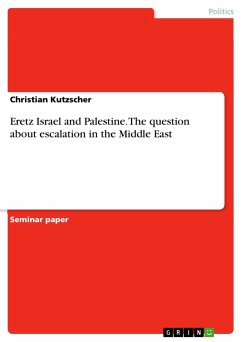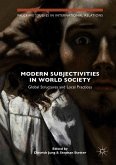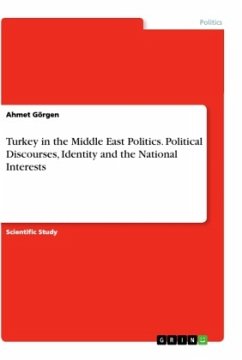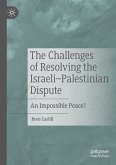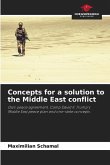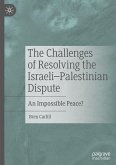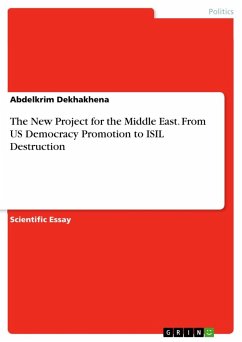Seminar paper from the year 2018 in the subject Politics - International Politics - Region: Near East, Near Orient, grade: 1,0, Johannes Gutenberg University Mainz (Institut für Politikwissenschaft), course: International Relations, language: English, abstract: This paper deals with the question if escalation of the Arab-Israeli conflict is inevitable, stating arguments on the theoretical basis of neorealism and trying to predict future steps taken by both parties. To simplify and because the conflict is not just between Palestine and Israel, the ongoing dispute will be called Arab-Israeli conflict. For over 60 years, a conflict has been on the verge of escalation. Strong political and cultural actors with differing positions fight day to day to claim what in their opinion is theirs. The conflict is still relevant today as terrorism, hatred and nationalism combine into a seemingly endless spiral of provocation and escalation. An approximate of 51,000 people's lives were claimed over the course of the conflict. Because Europe encounters terrorism itself, the fear of radical Islamism groups grows constantly, giving the Israelis point of view reason. New political actors and the general shift of the political landscape, like the rise of populism in the United States and Europe, changes the way conflicts are handled. Rather than engaging in diplomatic relations and trying to search for common ground, provocation and mistrust are being expressed. Historically, the Middle East engaged in armed conflicts because of its religious disparities. Now, the tone has changed and with it, the possibility of escalation in the Arab-Israeli conflict, which is now, once again, on the verge of escalation.
Hinweis: Dieser Artikel kann nur an eine deutsche Lieferadresse ausgeliefert werden.
Hinweis: Dieser Artikel kann nur an eine deutsche Lieferadresse ausgeliefert werden.

